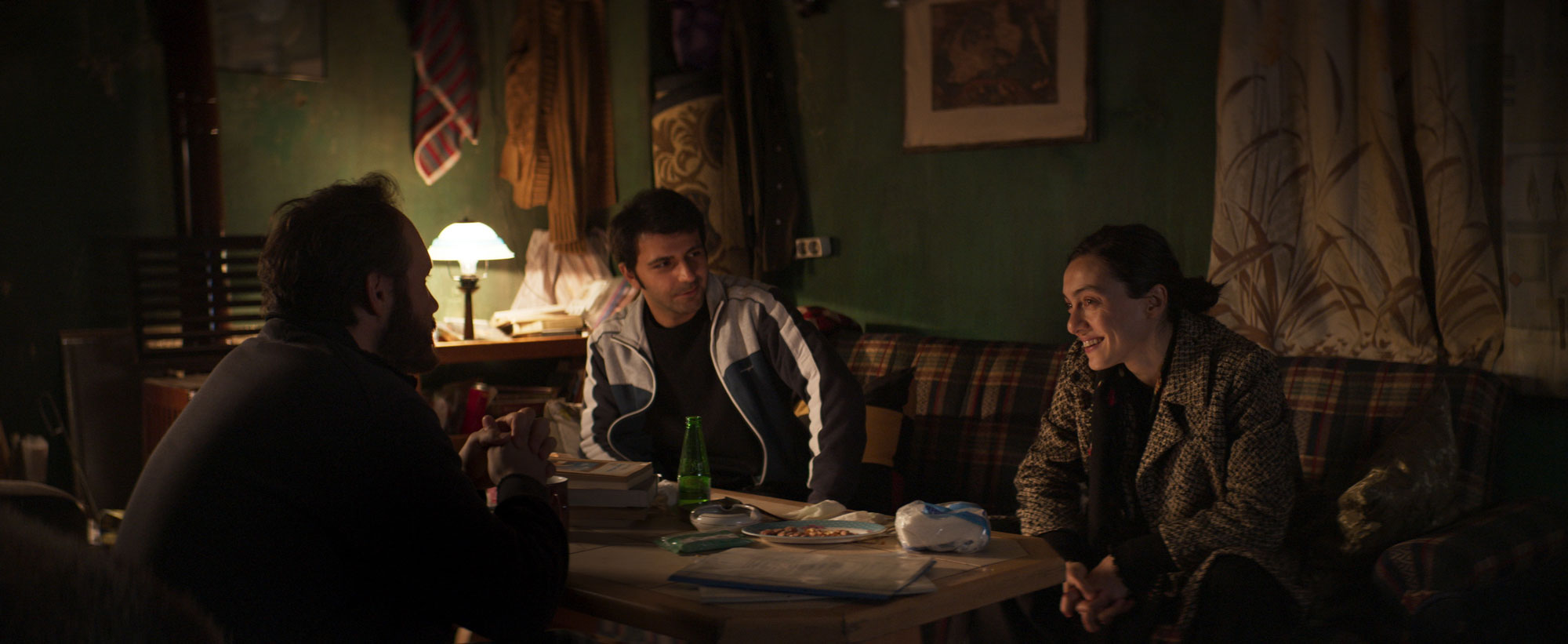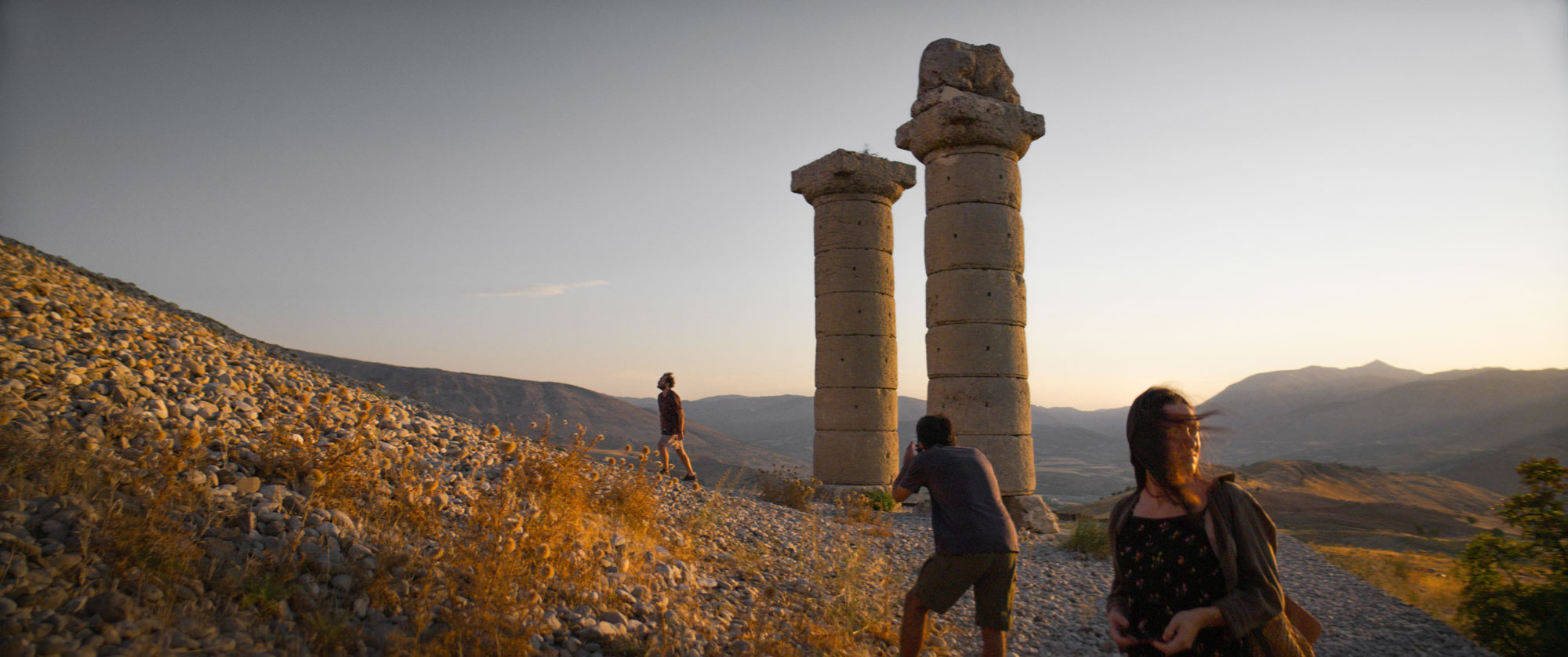‘About Dry Grasses’ Laments the Thwarted Promise of Turkey’s Youth
[ad_1]
About Dry Grasses depicts the characters’ behavior with the ambiguity that attaches to human interactions, eliminating the dynamic of villains and victims. Instead we get people’s complexity, and a glimpse at how a hurt and angry liberal will resort to the kind of repressive actions he would ascribe to those he considers reactionaries.
“We all know exactly who and what these people are,” Sarnet tells his class after he angrily orders Sevim out in the hall the next day. “It’s just a few, isn’t it?” Then he advises his students, in a heinous act of blacklisting, to ostracize Sevim. (His instruction doesn’t seem to stick, fortunately.)
Sarnet’s response to Sevim’s allegation suggests that his altruism was skin deep. Perhaps his bitterness and cynicism are symptoms of his (first) midlife crisis. Either way, Ceylan subtly sets his characters’ frustration, malaise and moral paralysis against a backdrop of social and political repression and corruption.

About Dry Grasses plows this field through Sarnet and Kenan’s developing friendship with Nuray (Merve Dizdar, who received the Best Actress award at last year’s Cannes Film Festival), a teacher at another school. Nuray lost a leg in a suicide bomb attack in Ankara and moved back to the area to live with her parents. Fiercely independent and an avowed socialist, she is having a hard time re-adjusting to the rhythms of village life.
“Everything seems to take so long here — lessons, breaks, waiting for weekends, nights, everything,” she says. She gently prods Sarnet to pursue his oft-mentioned wish to move to Istanbul, while side-eyeing Kenan (who likewise grew up in the area, and has the additional advantage of being dark and handsome).
Most of About Dry Grasses takes place indoors, fueled by tea and conversation, with the incipient claustrophobia broken by brief escapes outdoors for lovely open vistas of white nothingness. Talk, in this world, is as much a way of passing the time as it is of deepening connections. But as Nuray tries to impress on Sarnet, in a pivotal dinner at her place when her parents are away on a trip, action beats words every time.
He keeps missing the point, over and over, in an Olympic-level feat of deflection and auto-blindness. His squashed ambition, the movie suggests, reflects an entire generation’s thwarted promise and diminished expectations. Nuray, the most politically astute figure in the film, chooses to put it in personal terms.

“It seems to me that everything beautiful in this world gets stuck in the webs we weave before it ever reaches us,” she says.
About Dry Grasses leaves the futures and fates of its characters open, as it should. You might see Sarnet, three decades hence, becoming a cosseted curmudgeon (and confirmed loner) like Paul Giamatti’s private-school prof in The Holdovers. One can imagine Nuray and Kenan continuing on their current roads, without feeling as if they compromised.
As for Sevim, I think Ceylan hopes she grows up to be Nuray. With better opportunities, in a more progressive Turkey.
‘About Dry Grasses’ plays at the Roxie (3125 16th St., San Francisco) on April 6 and 14. Tickets and more information here.
[ad_2]
Source link
